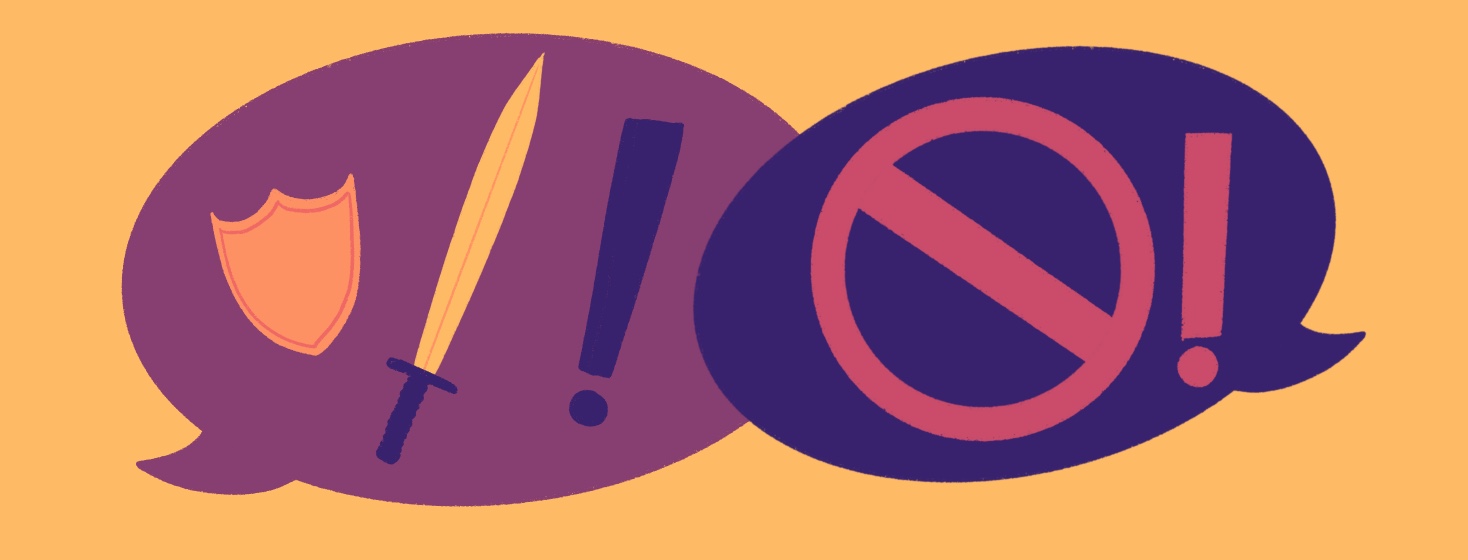Battle Metaphors For Breast Cancer
Long a topic for breast cancer patients on social media, no disease metaphors stir patients as much as being told they are battling the disease. So, on BreastCancer.org recently, a thread titled: I'm not on a "journey" and I'm not a "warrior". Who is with me? gathered a vocal chorus from concerned members of this long-established forum. The post originator stated plainly, “I have a disease that is being treated, not fought”. The first responder noted: “I will not fail this or lose some battle. Medicine will fail me and my body will lose its ability to maintain homeostasis.” And thus the debate continued.
Community reactions to battle terms
A battle implies an enemy, whereas cancer, the uncontrolled division of cells in our body, is an illness with a cause that is sometimes known, but more often not.1 Treatment can involve chemotherapy, surgery, radiation, hormone targeted therapy, and/or immunotherapy. Finally, battle or no battle, you either die of the disease or with it. As another woman wrote: “I’m tired of the warrior, stoic, hero, brave comments, too. I’m dealing with a disease here, I’m not in a gunfight or sword fight or battle.”
Another person wrote: “I feel like the whole brave/warrior/fighting cancer puts the onus on the patient for an outcome they don't actually control. Perhaps it makes people who don't have cancer feel better somehow”. And more realistically the comment: “These words also shame us when we struggle, when we are not feeling brave or strong or even remotely like a warrior – how dare we not live up to the expectations of a cancer patient?” Seriously, wrote a blogger, “survivor really gets me though. It implies the end...aren’t we all just surviving as best we can?”
An oncologist, Dr. Don Dizon, shared via a powerful TikTok message his thoughts on battle language, saying "people feel empowered by thinking of cancer in these terms - thinking they're in a fight, and in a fight for their lives. He thinks "at some point though, I think war metaphors aren’t helpful". He argues that it "means that cancer is external to you, that you can defeat, rather than a disease caused by your body through no fault of your own." He continues, that this implication of winners and losers "worries me, and I can tell you right now: No one who ever died of cancer, lost.”
Warriorship
On the same forum, metastatic cancer patient Margaret Young wrote: "I think there's a certain popular subculture of what I call "warriorship" in all realms - professional development, self-improvement, fitness, religion....everything is viewed as a battle, you have "to want it" you have to hustle, blah, blah...and if you succeed in any way, it's a victory over some enemy forces. It naturally spills into disease and cancer. It's a way of framing life and adversity, with a specific emphasis on personal responsibility (I beat cancer!) that once you start seeing it, you can't unsee."
There’s the unfortunate implication that if cancer gets the upper hand, you haven’t "fought" it hard enough. Suggesting someone died because they "lost their battle with breast cancer”, is a dreadful obituary comment for a patient. This overused metaphor needs to be put to rest. The dignity and respect that we owe patients who have passed deserve nothing less.

Join the conversation